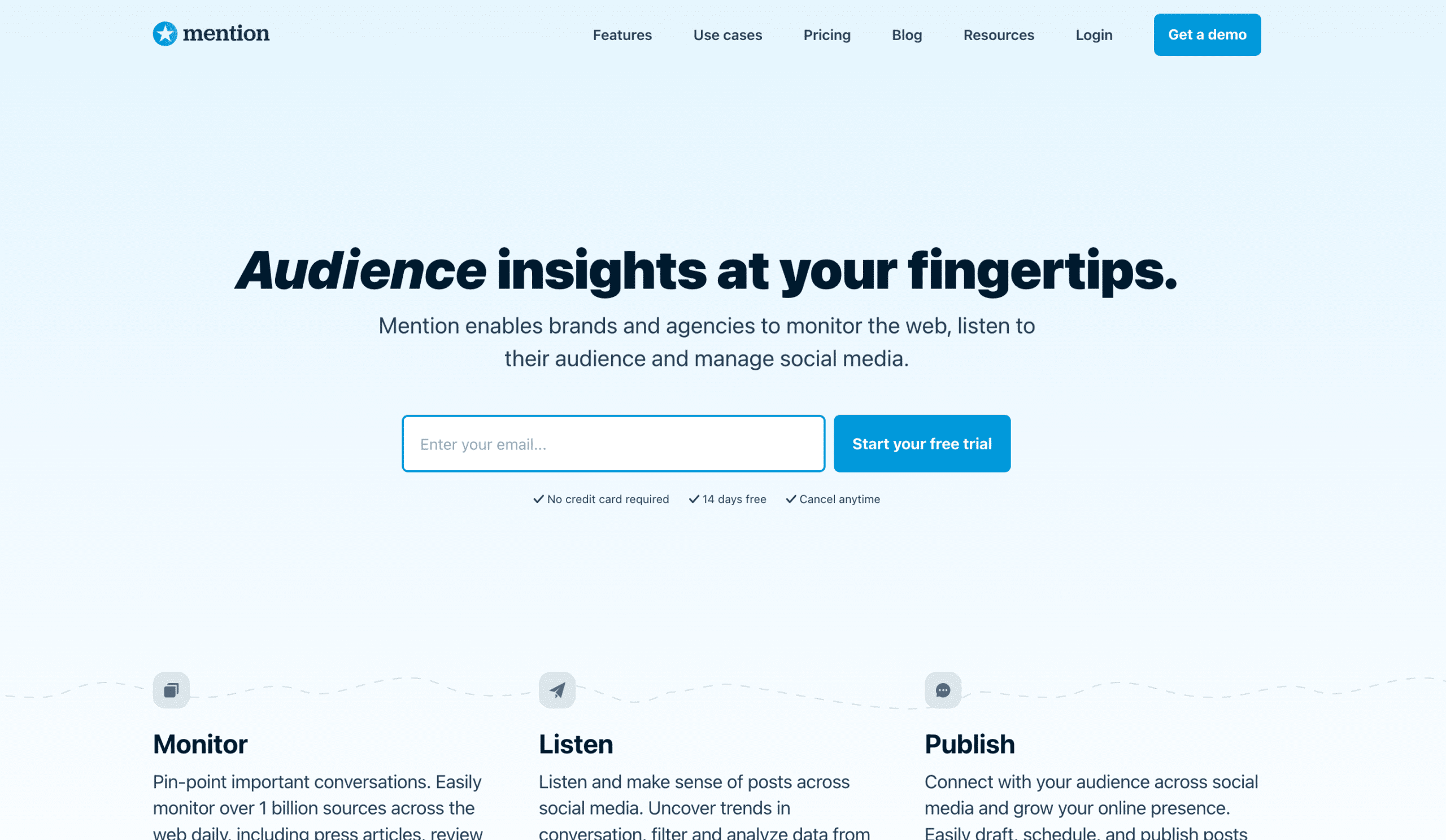Traditional marketing methods are no longer as effective as they used to be, especially when targeting enterprise decision-makers who are increasingly desensitized to the constant barrage of marketing messages. As a result, companies are turning to influencer marketing to amplify their reach, build credibility, and engage with their target audience in a more authentic way. This technique is becoming more popular as 93% of marketers have started utilizing influencer marketing.
Let’s delve into the world of enterprise tech influencer marketing, providing insights and practical steps to develop an effective influencer marketing program.
Create Comprehensive Buyer Personas
To start, it is essential to develop detailed buyer personas for your enterprise tech solution. In fact, 56% of businesses have generated higher-quality leads using buyer personas.
These personas should encompass various roles within organizations, such as CEOs, IT professionals, and sales and marketing teams. Understanding the goals, challenges, preferred content formats, and online behavior of these target buyers is crucial. This knowledge lays the foundation for finding influencers who resonate with your target audience and can effectively communicate the value of your enterprise technology solution.
Determine Industry Influencers
The next step is to identify the influencers that your target buyers follow and engage with. Peers, bloggers, industry publications, and experts are all valuable sources of influence. If you don’t hone in on relevant influencers, your marketing strategy won’t yield the results that your business needs. Start by connecting with your target prospects and existing customers on professional networking platforms like LinkedIn to explore the influencers they follow and the groups they participate in.
Additionally, consider partnering with micro-influencers, as they tend to get more engagement on their content. Their audience may also be in your niche market so that could be where you get the most interest in your product/service. This is also a cheaper option since they normally are not as expensive to work with compared to macro-influencers.
Establish Thought Leadership
Establishing yourself as an independent thought leader is crucial for successful influencer marketing in the enterprise technology space. Influencers are more likely to engage with companies that demonstrate genuine expertise and a commitment to adding value to their industry. To build social credibility, create high-quality content such as whitepapers, blog posts, and webinars that address the pain points and challenges faced by your target audience. This type of content frames your business as an expert in your targeted industry. As an added bonus, you can share this content on social media platforms and within relevant industry groups frequented by influencers. It is essential to showcase your knowledge, add value to the discussions, and offer a unique perspective that resonates with both influencers and your target buyers.
Deepen Engagement Through In-Person Interactions
Influencers often have a strong presence at live events, speaking engagements, and conferences. These physical interactions present an excellent opportunity to connect with a wider audience in a more personal and engaging manner. Collaborating with an influencer on a presentation or panel discussion at a live event allows you to provide valuable content to the audience. To further nurture these prospects, offer gated content such as presentation slides in exchange for their contact information. By capturing their details and leveraging marketing automation systems, you can continue engaging with them through targeted nurture campaigns.
Finally, When it comes to SaaS and enterprise influencer marketing, having the right tools can make a significant difference in building and managing relationships with influencers. Here are some of the top tools that can help your SaaS enterprise business with your influencer marketing efforts:
BuzzSumo
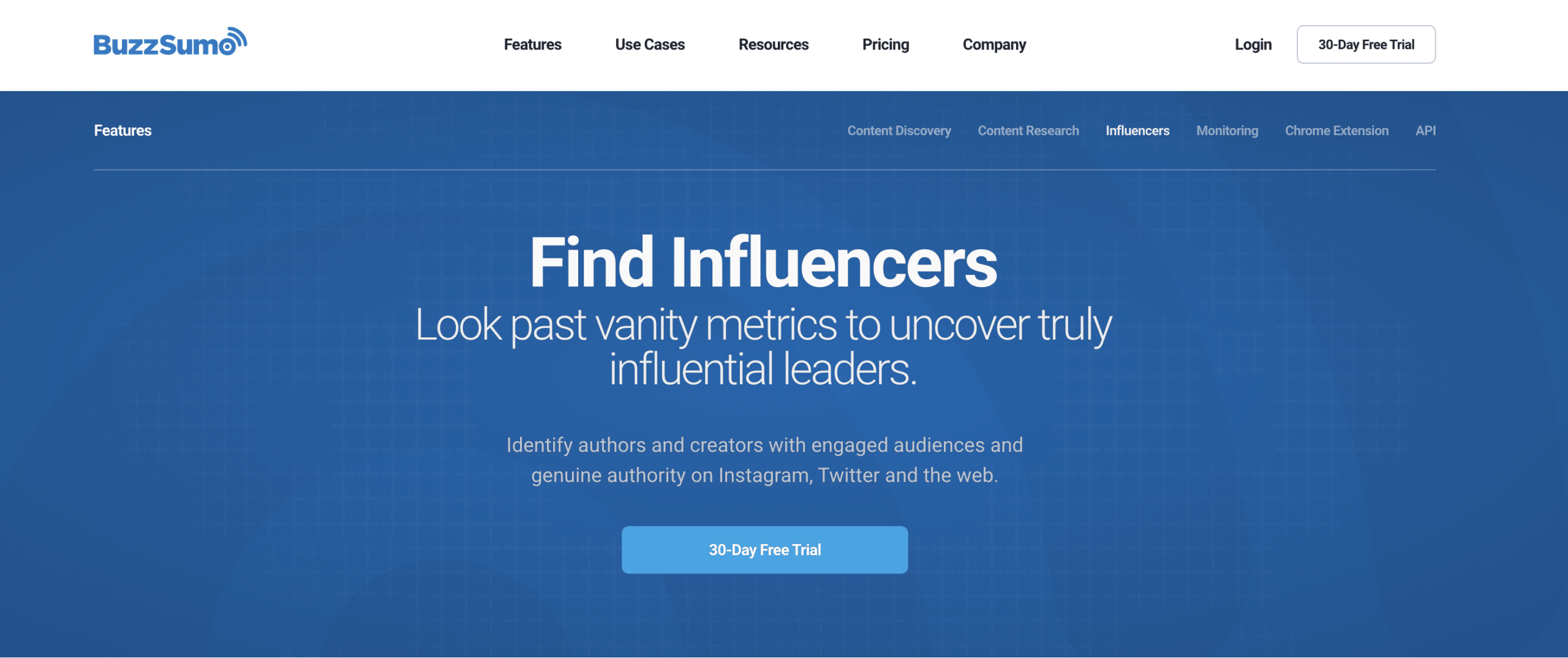
Traackr
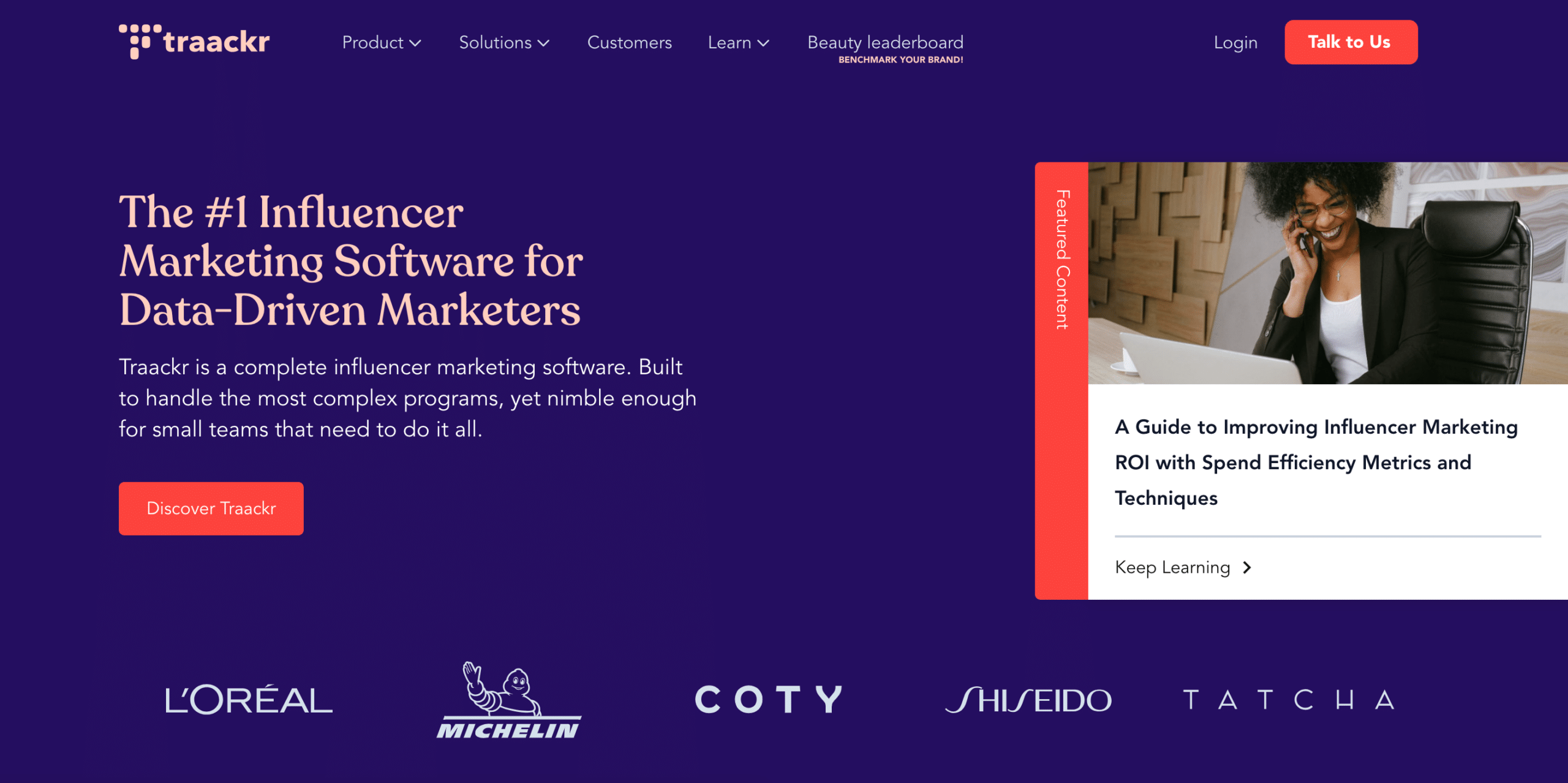
Upfluence
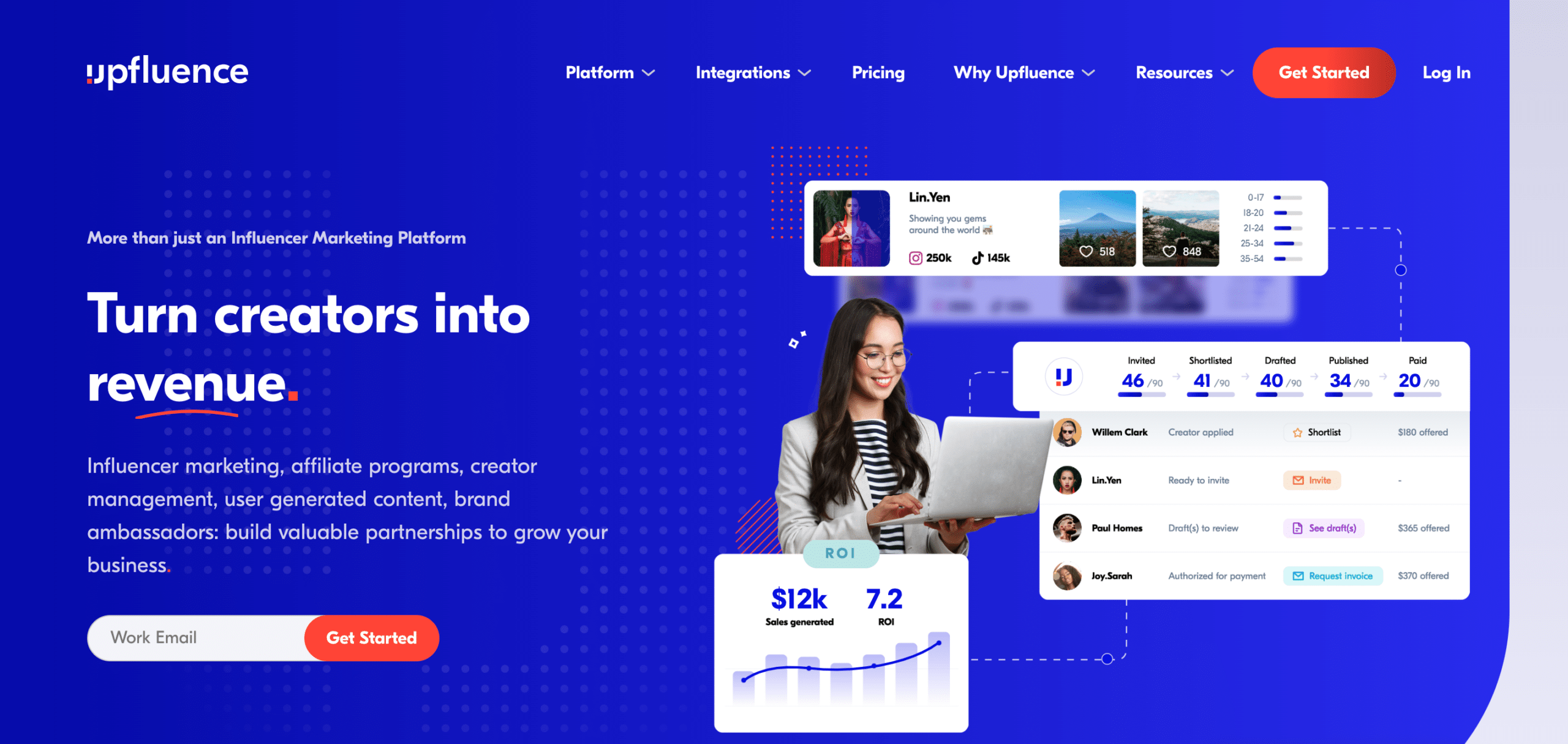
GRIN
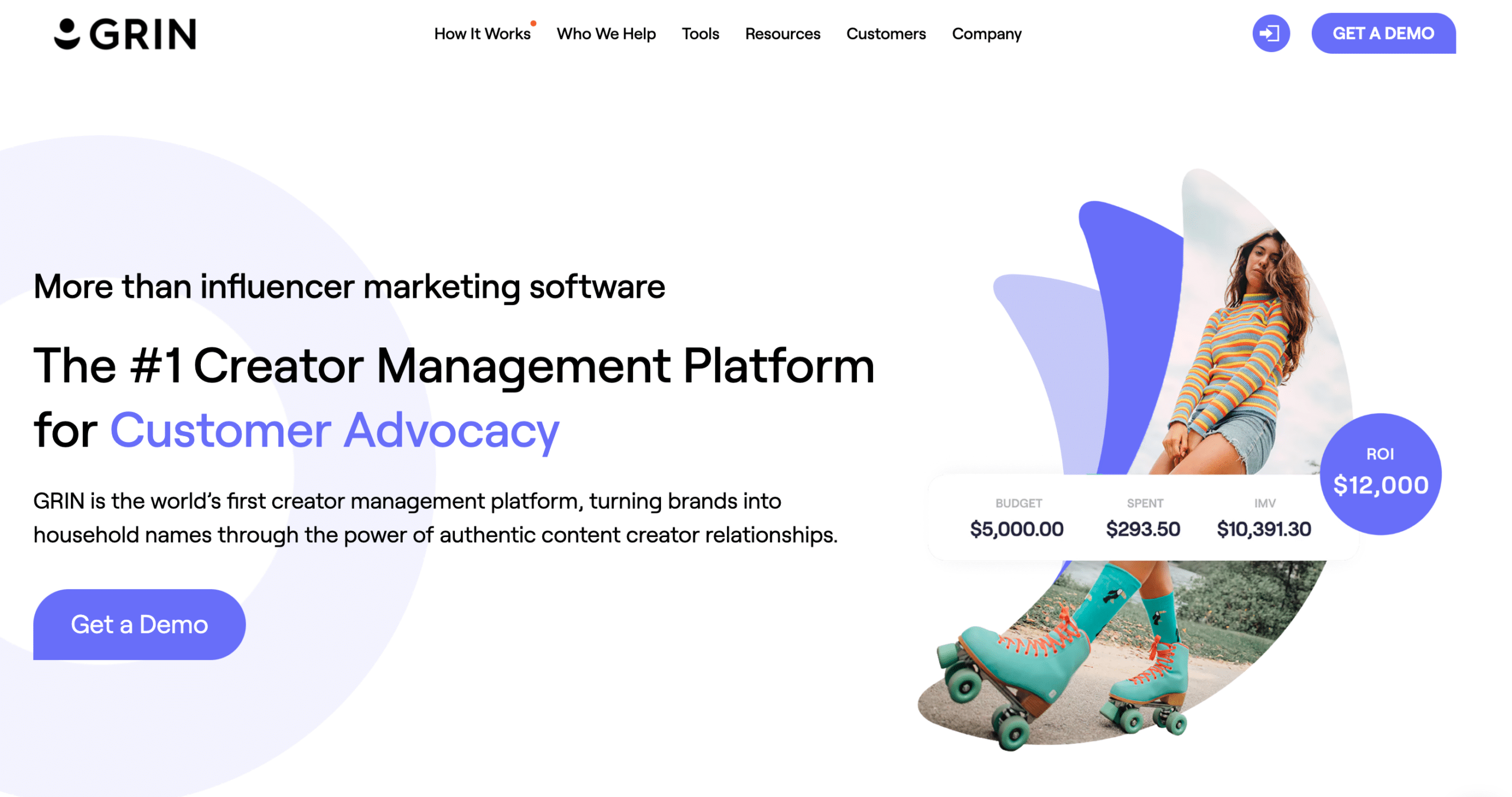
Hootsuite
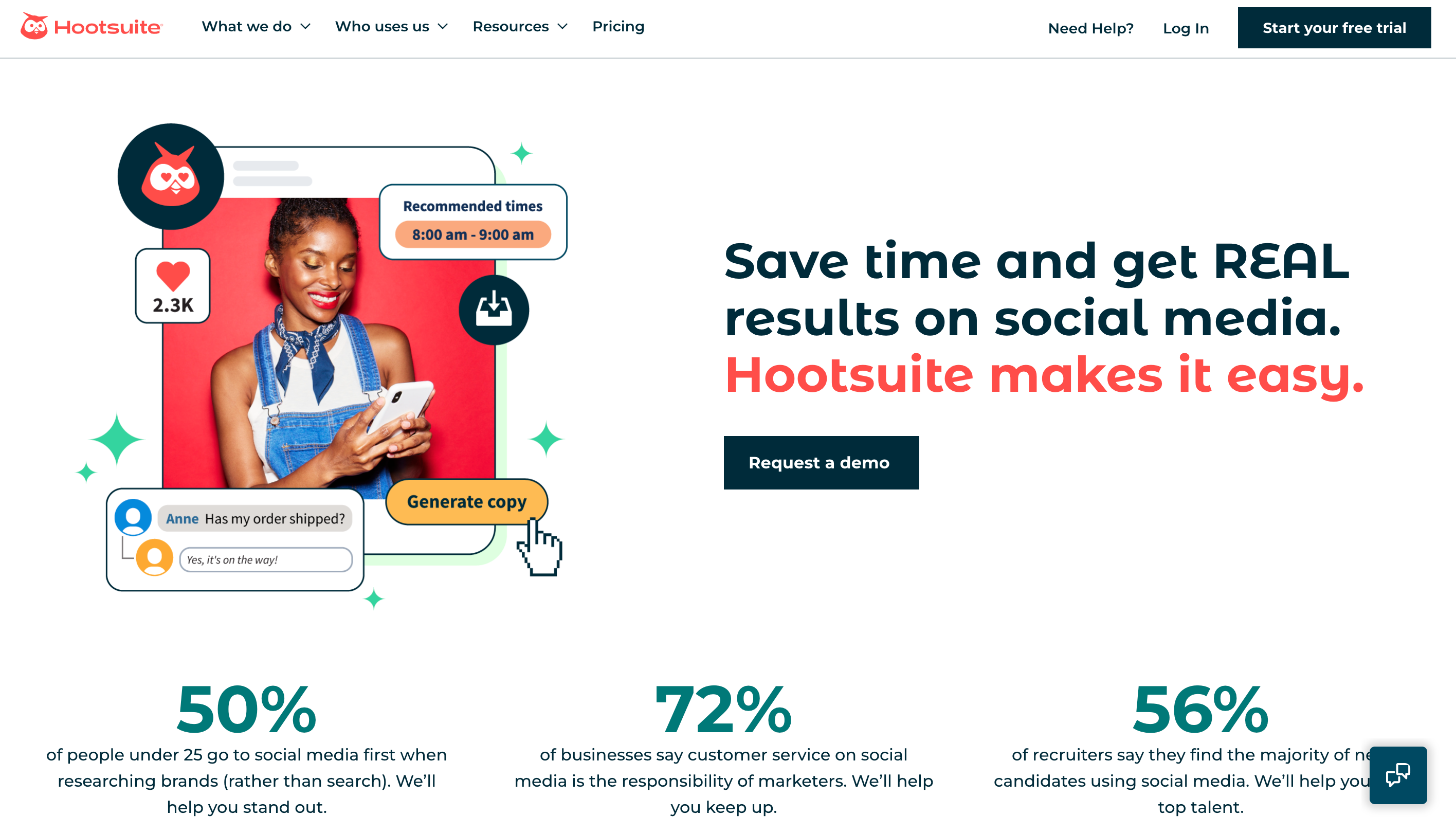
Mention
